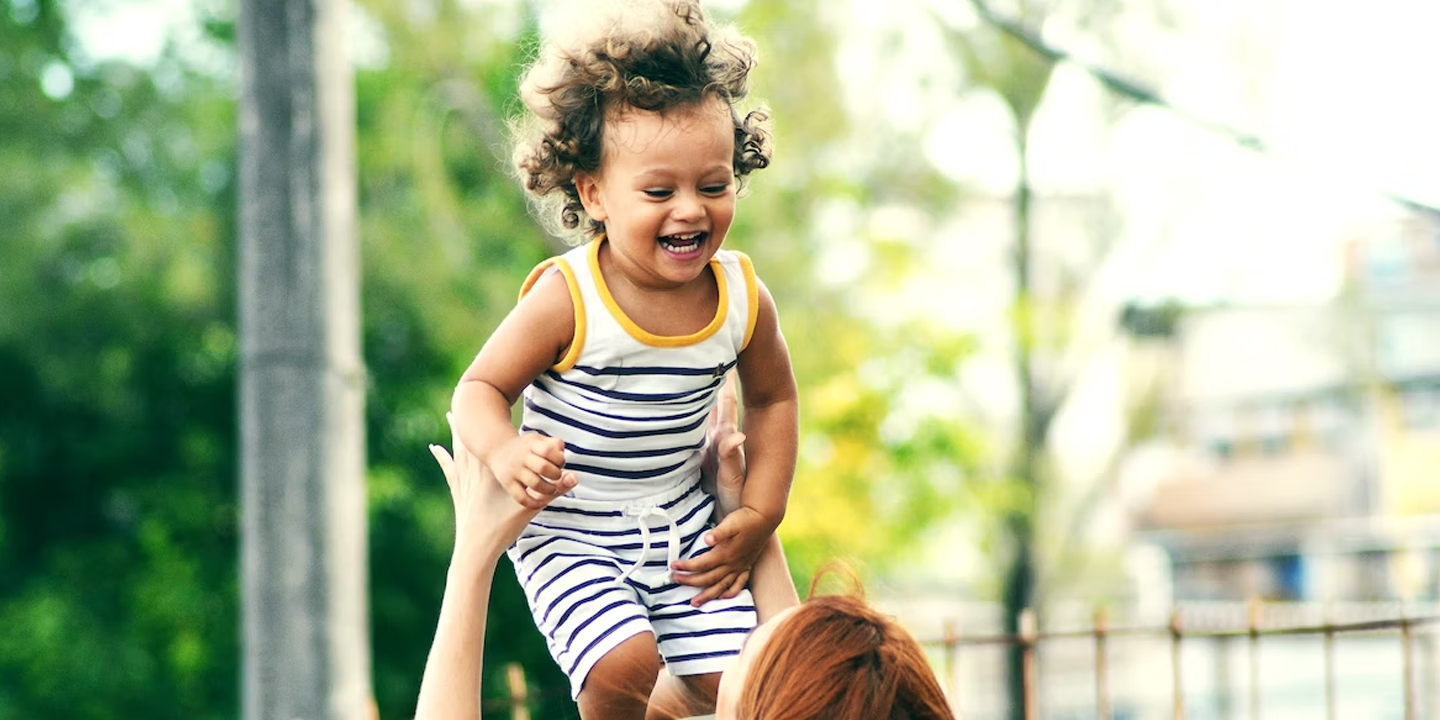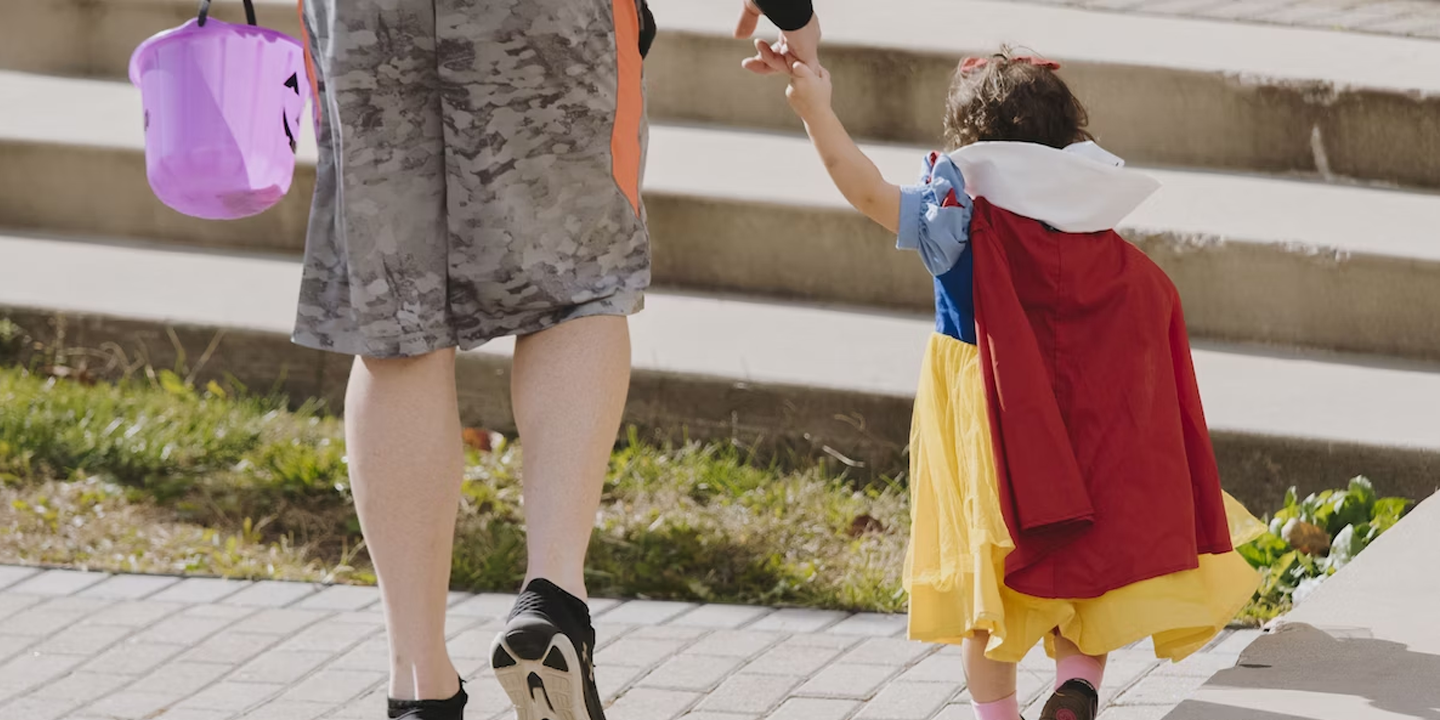Did You Always Have Newer Toys and Clothes?
Most parents may not want to admit it, but they sometimes favor one child over another. It's natural and not meant to be harmful in any way. It just kind of happens. You might have realized early on that you were the favorite, or maybe a sibling let you know. Either way, here are 10 signs you were the favorite child and 10 signs you weren't.
1. You Received More Praise and Recognition
Being the favorite child often means being more celebrated by your parents. Even your minor accomplishments and small wins are treated as big deals. This regular praise builds confidence, but can frustrate your siblings and create an imbalance that will foster resentment.
2. Your Parents Were More Forgiving of Your Mistakes
When you made a mistake, the consequences might have been less severe compared to your siblings. The favorite child often had their mistakes excused or downplayed. They were treated as "learning experiences" and not serious issues that required punishment.
3. You Had Newer Clothes and Toys
This one might not come as a huge shock. The favorite child often receives new toys and clothes, whereas their siblings get a lot of hand-me-downs. This is one of the clearest signs of being the favorite. You also received privileges like a later curfew or fewer chores.
4. Your Siblings Were Compared to You
The favorite child is usually the benchmark that their siblings are compared to. Extended family, coaches, and teachers often compare your siblings to you, since you are the gold standard to which they should aim to reach. These moments validate the favorite child and highlight the gap in achievement between siblings.
5. You Had More Responsibilities
Being the favorite was the most crucial element in being trusted by your parents. The favorite was often handed more responsibilities, like managing chores or helping with family decisions. Parents may have seen you as more mature, even if you weren't.
6. Parents Sought Your Opinion
Parents often seek the opinion of their favorite child on topics like family vacations and bigger life choices. Being consulted was validating and established your place in the household's pecking order, while moving your siblings down a notch or two.
7. Your Achievements Were Boasted About Publicly
You were most likely the favorite child if your parents often bragged about your accomplishments to their friends and colleagues. The public recognition you received helped your self-esteem, but may have hurt the feelings of your siblings.
8. You Got Extra Attention During Milestones
When your graduations and birthdays arrived, your parents celebrated each one more lavishly than they did for their other children. You had bigger parties and more expensive gifts, and this recognition signaled favoritism.
9. Your Needs Were Prioritized Over Siblings' Needs
Every kid has a packed schedule of hobbies, social engagements, and activities. If your needs were prioritized over your siblings, then you were the favorite child.
10. Family Traditions Centered Around You
Family traditions should be focused on every member of the family. If they were tailored to your interests and desires, then you were clearly the favorite child. This behavior was your parents' way of saying that your happiness is central to the family's well-being.
1. Overshadowed By Sibling's Achievements
You may have noticed that your sibling's achievements were more celebrated and important to your parents. They might have praised your sibling's wins, whereas yours were only briefly acknowledged.
2. Parents Were Quick to Discipline You
You were not the favorite child if your parents were quicker to punish you than your siblings. The same goes for if your punishments were harsher.
 Photo By: Kaboompics.com on Pexels
Photo By: Kaboompics.com on Pexels
3. You Wore Mostly Hand-Me-Downs
If your sibling mostly received new clothes, but you were forced to wear their ratty hand-me-downs, then they were the favorite child. While this is practical for parents, it does communicate that your needs weren't seen as a priority.
4. Your Milestones Were Overlooked
It's a common sign of not being the favorite if your milestones were not as heavily celebrated as your siblings. This is reflective of how you generally received less recognition compared to your brothers or sisters.
5. Always Compared to Siblings
Did your parents always say, "Why can't you be more like your sister?". This is an indication of favoritism, as such comparisons highlighted your shortcomings, even if it was unintentional.
 Juliane Liebermann on Unsplash
Juliane Liebermann on Unsplash
6. Your Wins Were Downplayed
Even when you achieved something meaningful, your parents might have acknowledged it in a way that felt quick or slight. This was more pronounced when your parents celebrated your sibling's successes with more enthusiasm.
7. You Had Less Freedom
The easiest way to tell if you were the favorite child or not is to compare how much freedom you had versus your sibling. The favorite usually enjoyed more privileges, such as later curfews.
8. A Greater Investment in Your Sibling's Activities
In most families, resources like time, money, and attention are limited. If more of these were directed toward your siblings, rather than you, then you were not the favorite child. Whether it was soccer, music lessons, or extracurriculars, the favorite child's wants and needs always came first.
 Juliane Liebermann on Unsplash
Juliane Liebermann on Unsplash
9. You Had to Earn Attention
The favorite child doesn't have to work to get their parents' attention. If you had to constantly put in effort to be noticed, then your sibling was treated more favorably. This dynamic forced you to strive for approval and might have felt exhausting.
10. Family Decisions Ignored Your Preferences
If your parents made decisions regarding vacations, meals, or weekend activities without asking for your input, it reflected your second-class status in your family.

























